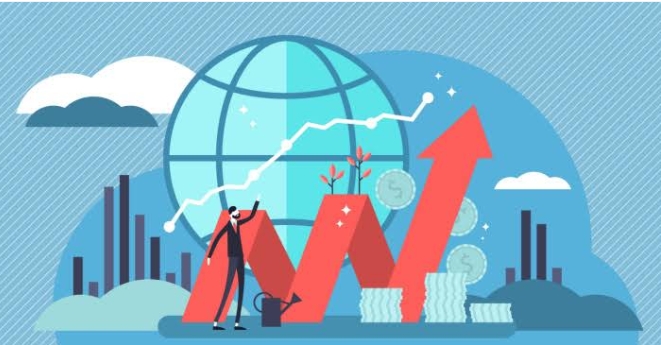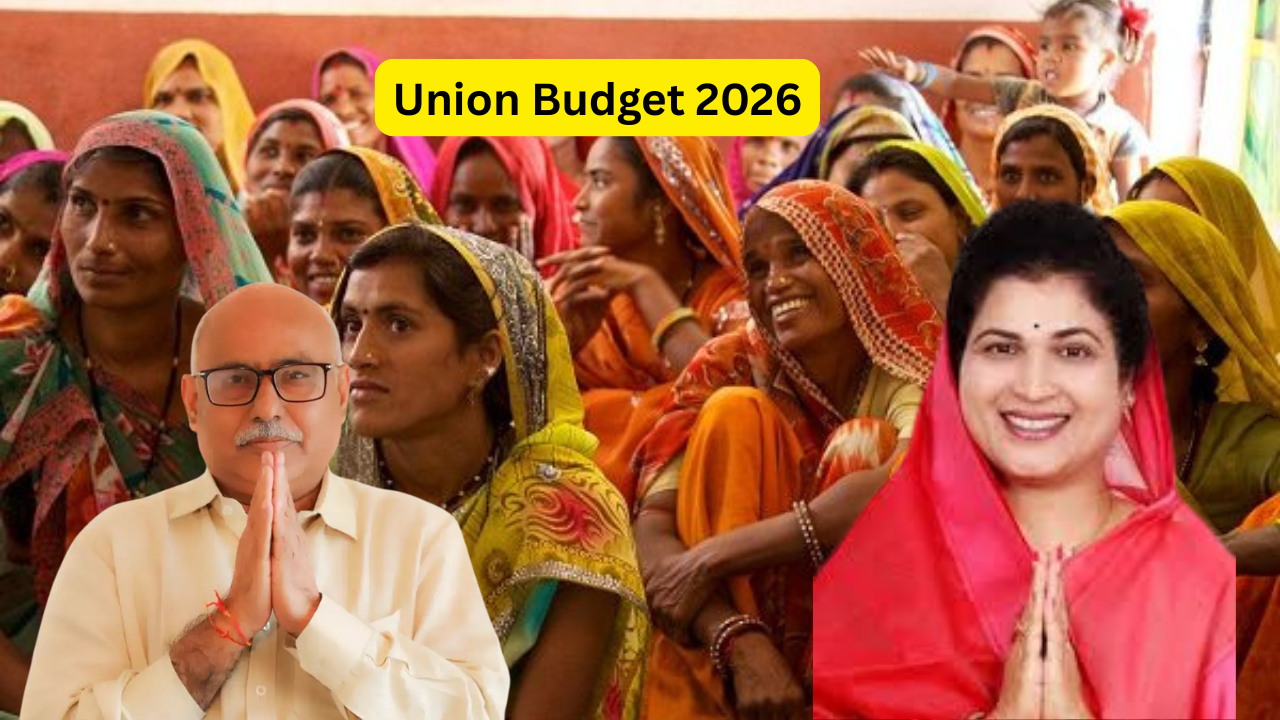What are the virtues of Planning
Planning plays a crucial role in economic development and management. It involves the systematic allocation of resources, setting goals, and establishing a roadmap to achieve those objectives. In the context of an economy, planning offers several virtues and advantages that are essential for sustainable growth and development. Here, we will delve into some key aspects of economic planning and the virtues associated with it.
- 1. ** virtues of Resource Allocation**: Economic planning allows for efficient allocation of resources. By identifying the most pressing needs and priorities, a planned economy can direct resources, such as capital, labor, and materials, to areas where they are most needed. This minimizes waste and ensures that resources are utilized to their full potential.
- 2. ** virtues of Stability and Predictability**: Planning provides a level of stability and predictability in the economy. When a government or central authority sets economic targets and policies, it helps reduce fluctuations and uncertainty. This, in turn, promotes investor confidence and encourages long-term economic planning.
- 3. **Economic Growth**: One of the primary virtues of economic planning is its potential to drive economic growth. Through strategic planning, a nation can identify key sectors and industries that have the potential for growth and direct resources toward them. This can result in increased productivity, higher GDP, and improved living standards.
- 4. **Social Equity**: Planning can be used to address issues of income inequality and social justice. By implementing policies that promote fair distribution of resources and opportunities, planning can help reduce disparities between different segments of the population.
- 5. **Infrastructure Development**: A planned economy can prioritize infrastructure development, including transportation, energy, and communication networks. This is crucial for economic development as it enhances the overall productivity of the economy and can attract investments.
9. **Counteracting Economic Shocks**: Planned eco6. **Environmental Sustainability**: Economic planning can incorporate sustainability goals, which are becoming increasingly important in the face of environmental challenges. By setting targets for reducing carbon emissions, conserving natural resources, and promoting clean technologies, planning can help steer the economy towards a more sustainable future.
7. **Innovation and Research**: Economic planning can foster innovation by allocating resources to research and development (R&D) activities. Encouraging innovation can lead to the development of new technologies and products, giving the economy a competitive edge in the global market.
8. **Strategic Trade Policies**: Through planning, governments can develop trade policies that support domestic industries. This can involve protective measures to nurture infant industries or strategic trade agreements to promote exports. These policies can enhance the nation’s international competitiveness.
9. **Long-term Vision**: Economic planning encourages a long-term vision for the nation’s economic development. Rather than focusing solely on short-term gains, planning encourages leaders to consider the future and make decisions that will benefit the country in the long run.
10**Improved Quality of Life**: Ultimately, the goal of economic planning is to improve the overall quality of life for the population. This includes access to healthcare, education, housing, and other essential services. Planning can ensure that these services are available and affordable to all citizens.
11 **Global Competitiveness**: In an increasingly interconnected world, economic planning can help a country position itself competitively in the global marketplace. By identifying opportunities and threats, planning can guide a nation in making strategic decisions regarding international trade and investment.
In conclusion, economic planning offers a multitude of virtues that are essential for the effective management and development of an economy. From resource allocation and stability to social equity and environmental sustainability, planning plays a pivotal role in shaping a nation’s economic future. While it’s important to recognize the benefits of planning, it’s equally crucial to strike a balance between planned and market-driven economic systems, as each approach has its own strengths and weaknesses.
For more information visit at https://happenrecently.com/zepto/?amp=1















